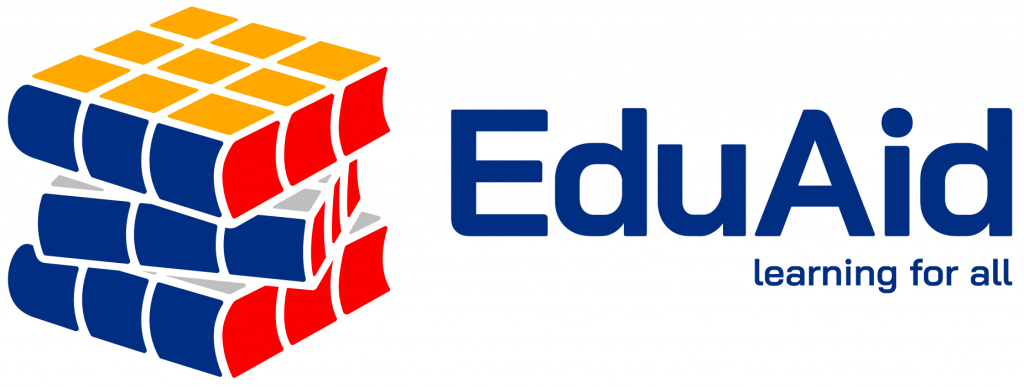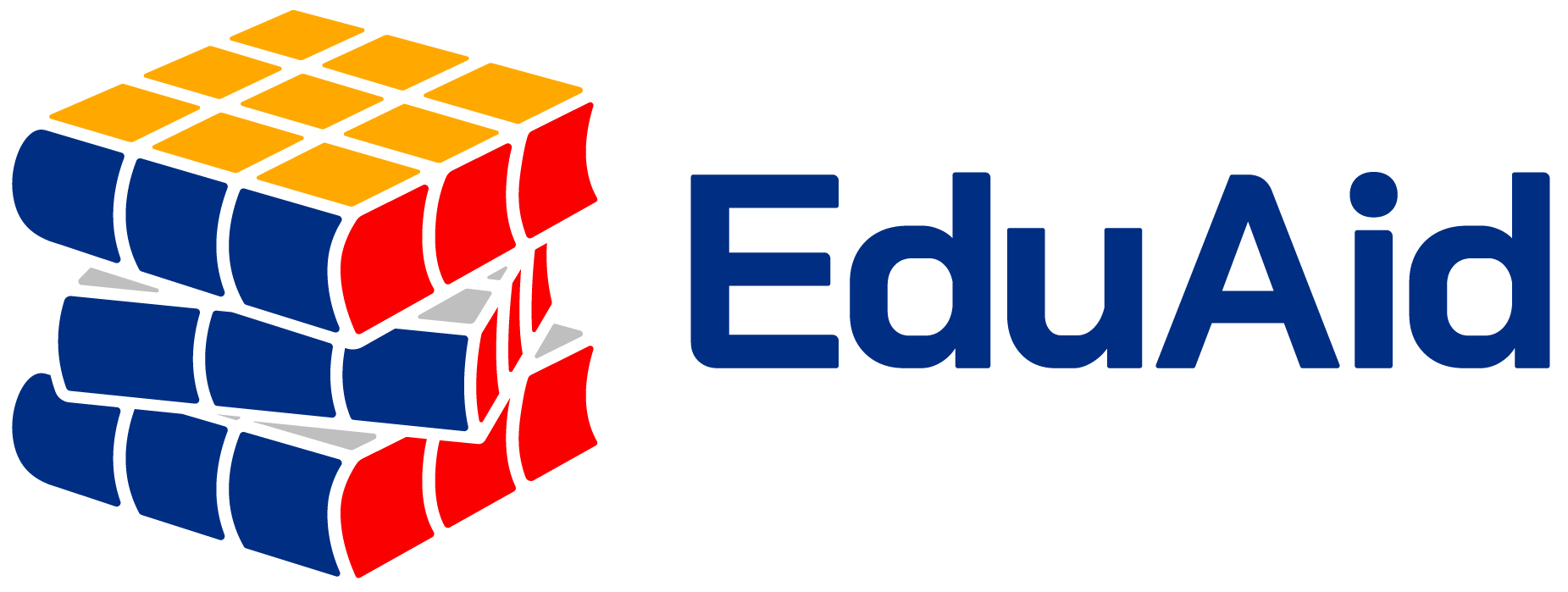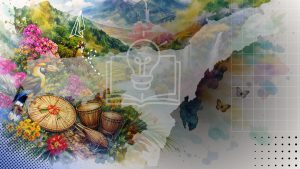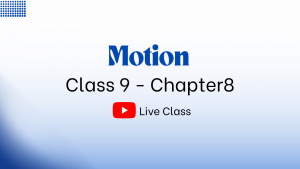Class-IX Social Science Democratic Politics Chapter 1 – What is Democracy? Why Democracy?
1. Here is some information about the four countries. Based on this information, how would you classify each of these countries? Write ‘democratic’, ‘undemocratic’ or ‘not sure’ against each of these.
a) Country A: People who do not accept the country’s official religion do not have a right to vote.
Ans: Undemocratic
b) Country B: The same party has been winning elections for the last twenty years.
Ans: Not sure
c) Country C: The ruling party has lost in the last three elections.
Ans: Democratic
d) Country D: There is no independent election commission.
Ans: Undemocratic
2. Here is some information about the four countries. Based on this information, how would you classify each of these countries? Write ‘democratic’, ‘undemocratic’ or ‘not sure’ against each of these.
a) Country P: The parliament cannot pass a law about the army without the consent of the Chief of Army.
Ans: Undemocratic
b) Country Q: The parliament cannot pass a law reducing the powers of the judiciary.
Ans: Democratic
c) Country R: The country’s leaders cannot sign any treaty with another country without taking permission from its neighbouring country.
Ans: Undemocratic
d) Country S: All the major economic decisions about the country are taken by officials of the central bank which the ministers cannot change.
Ans: Undemocratic
3. Which of these is not a good argument in favour of democracy? Why?
(a) People feel free and equal in a democracy.
(b) Democracies resolve conflict in a better way than others.
(c) Democratic government is more accountable to the people.
(d) Democracies are more prosperous than others.
Ans: Option (d)
Democracies are more prosperous than others, is not the right argument in favour of democracy because there are many countries like Sri Lanka, and India which opted for democracy but were not so prosperous whereas countries which have communist and monarchy rules such as China and Saudi Arab respectively are said to be more prosperous. The prosperity of any country does not depend upon the form of the government but the kind of its policies, natural resources availability etc.
4. Each of these statements contains a democratic and an undemocratic element. Write out the two separately for each statement.
a) A minister said that some laws have to be passed by the parliament in order to conform to the regulations decided by the World Trade Organisation (WTO).
Ans: A minister said that some laws have to be passed by the parliament – The democratic element.
the regulations decided by the World Trade Organisation (WTO) – Undemocratic element.
b) The Election Commission ordered re-polling in a constituency where large-scale rigging was reported.
Ans: The Election Commission ordered re-polling in a constituency – Democratic element large-scale rigging was reported – Undemocratic element.
c) Women’s representation in the parliament has barely reached 10 per cent. This led women’s organisations to demand one-third seats for women.
Ans: This led women’s organisations to demand one-third seats for women. – Democratic element.
Women’s representation in the parliament has barely reached 10 percent. – Undemocratic element
5. Which of these is not a valid reason for arguing that there is a lesser possibility of famine in a democratic country?
(a) Opposition parties can draw attention to hunger and starvation.
(b) Free press can report suffering from famine in different parts of the country.
(c) The government fears its defeat in the next elections.
(d) People are free to believe in and practise any religion.
Ans: Option (d) is not a valid reason for arguing that there is a lesser possibility of famine in a democratic country, because believing as well as practising a religion is not related to preventing famine in a democratic country.
6. There are 40 villages in a district where the government has made no provision for drinking water. These villagers met and considered many methods of forcing the government to respond to their needs.
Which of these is not a democratic method?
(a) Filing a case in the courts claiming that water is part of the right to life.
(b) Boycotting the next elections to give a message to all parties.
(c) Organising public meetings against the government’s policies.
(d) Paying money to government officials to get water.
Ans: Option (d), which advocates paying the government officials money, is an undemocratic method.
7. Write a response to the following arguments against democracy:
a) Army is the most disciplined and corruption-free organisation in the country. Therefore, the army should rule the country.
b) Rule of the majority means the rule of ignorant people. What we need is the rule of the wise, even if they are in small numbers.
c) If we want religious leaders to guide us in spiritual matters, why not invite them to guide us in politics as well. The country should be ruled by religious leaders.
Ans: A democracy is a government, whose representatives are elected by the citizens of the country for themselves. Army is an important part of any country, whose primary role is to protect the people of the country. But they are not elected by the citizens of the country, so they are unable to form a democratic government.
As people are quite intelligent to some extent, so the second statement is false.
If we bring religion into politics, then it will create serious conflicts among the citizens of the country. Hence, the third statement is also false.
8. Are the following statements in keeping with democracy as a value? Why?
a) Father to daughter: I don’t want to hear your opinion about your marriage. In our family children marry where the parents tell them to.
Ans: This statement of father is undemocratic because every adult has the right to choose their life partner. The father does not have the right to impose their choice on daughter.
b) Teacher to student: Don’t disturb my concentration by asking me questions in the classroom.
Ans: This statement also is not under democratic setup. The student has the right to ask questions. This is undemocratic if his right is denied.
c) Employee to the officer: Our working hours must be reduced according to the law.
Ans: The third statement is democratic because it is asking for a rule of law which would be in the favour and beneficial of the employee.
9. Consider the following facts about a country and decide if you would call it a democracy. Give reasons to support your decision
a) All the citizens of the country have the right to vote. Elections are held regularly.
Ans: This is democracy as only a democratic setup allows the right to vote and also election at a regular time period.
b) The country took loans from international agencies. One of the conditions for giving a loan was that the government would reduce its expenses on education and health.
Ans: A democratic country has to look after the welfare of its people. The condition of reducing expenses on health and education is against the welfare of the people.
c) People speak more than seven languages but education is available only in one language, the language spoken by 52 percent of people in that country.
Ans: In democracy, education is available in all languages as its basic right. Official language can be the language of the majority of people.
d) Several organisations have given a call for peaceful demonstrations and nation-wide strikes in the country to oppose these policies. Government has arrested these leaders.
Ans: Democracy, provides the right to express, to the citizens of the country to express their opinion in a peaceful manner. It is undemocratic behaviour.
e) The government owns the radio and television in the country. All the newspapers have to get permission from the government to publish any news about the government’s policies and protests.
Ans: This is undemocratic because in democracy freedom of press and media is given. If the government owns radio and television then it will be a freedom of press violation.
10. In 2004 a report published in USA pointed to the increasing inequalities in that country. Inequalities in income reflected in the participation of people in democracy. It also shaped their abilities to influence the decisions taken by the government. The report highlighted that:
• If an average Black family earns 100 then the income of average White family is 162. A White family has twelve times more wealth than the average Black family.
• In a President’s election ‘nearly 9 out of 10 individuals in families with income over 75,000 have voted. These people are the top 20% of the population in terms of their income. On the other hand only 5 people out of 10 from families with income less than 15,000 have voted. They are the bottom 20% of the population in terms of their income. About 95% contribution to the political parties comes from the rich. This gives them opportunity to express their opinions and concerns, which is not available to most citizens.
• As poor sections participate less in politics, the government does not listen to their concerns – coming out of poverty, getting job, education, health care and housing for them. Politicians hear most regularly about the concerns of business persons and the rich.
Write an essay on ‘Democracy and Poverty’ using the information given in this report but using examples from India.
Ans:
Democracy and Poverty: An Analysis with Indian Examples
Democracy, often lauded as the epitome of governance that champions equality, has paradoxically coexisted with poverty and inequality in many regions, including the United States and India. The 2004 report from the USA highlighted glaring disparities in income and political participation, reflecting broader systemic issues that can be observed in other democracies like India.
Income Inequality and Political Participation
In India, as in the USA, income inequality significantly influences political participation. The wealthy, with greater resources, have better access to education and information, enabling them to engage more effectively in the political process. Conversely, the poor, struggling to meet basic needs, often find political participation a distant priority.
For instance, in the 2019 general elections in India, voter turnout was notably higher in urban areas compared to rural ones. Urban regions, typically more affluent, had better voter mobilization and awareness campaigns, while rural areas, often marred by poverty, saw lower engagement. This mirrors the disparity seen in the USA, where higher-income families participate more actively in elections compared to their lower-income counterparts.
Influence of Wealth on Political Power
Wealth significantly shapes political power, as seen in the USA where 95% of political contributions come from the rich. In India, political funding also skews heavily towards wealthy individuals and corporate entities. This financial clout translates into greater influence over political agendas and policy decisions. For example, during the 2019 elections, political parties in India received substantial donations from corporate donors, which in turn could influence policy decisions in favor of these donors post-elections.
Marginalization of the Poor
The poor often find themselves marginalized in the political discourse. In India, this marginalization is evident in the lack of attention to issues such as poverty alleviation,
employment, education, healthcare, and housing. Political campaigns and government policies frequently prioritize the interests of businesspersons and the affluent, whose voices are heard more regularly and forcefully.
For example, despite various government schemes aimed at poverty reduction, the implementation and effectiveness of these programs remain questionable. The lack of robust healthcare infrastructure in rural areas and the slow progress in educational reforms highlight the government’s inadequate attention to the needs of the poor. This neglect can be attributed to the poor’s limited political influence, a direct consequence of their lower participation in the political process.
Conclusion
The interplay between democracy and poverty in India underscores a critical paradox: while democracy promises equal representation, the reality often sees the affluent wielding disproportionate influence. The poor, grappling with daily survival, participate less in politics, resulting in their concerns being sidelined. Addressing this requires concerted efforts to enhance political awareness and participation among the poor and to ensure that policies genuinely reflect the needs of all citizens, not just the wealthy few.
By examining the dynamics of income inequality and political participation, both in the USA and India, it becomes evident that true democratic governance must strive to bridge these gaps, ensuring that democracy fulfils its promise of equality and justice for all.
Study materials
- Refernce Books
- NCERT Solutions
- Syllabus
